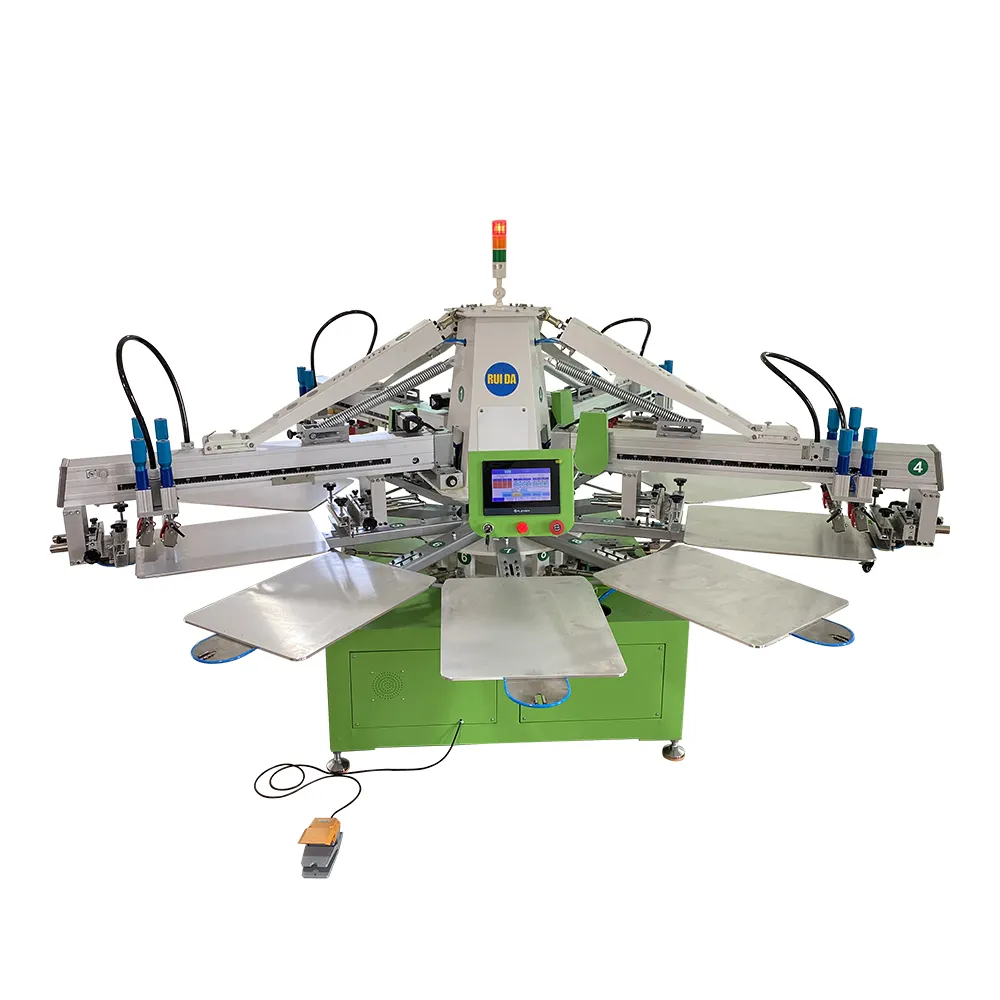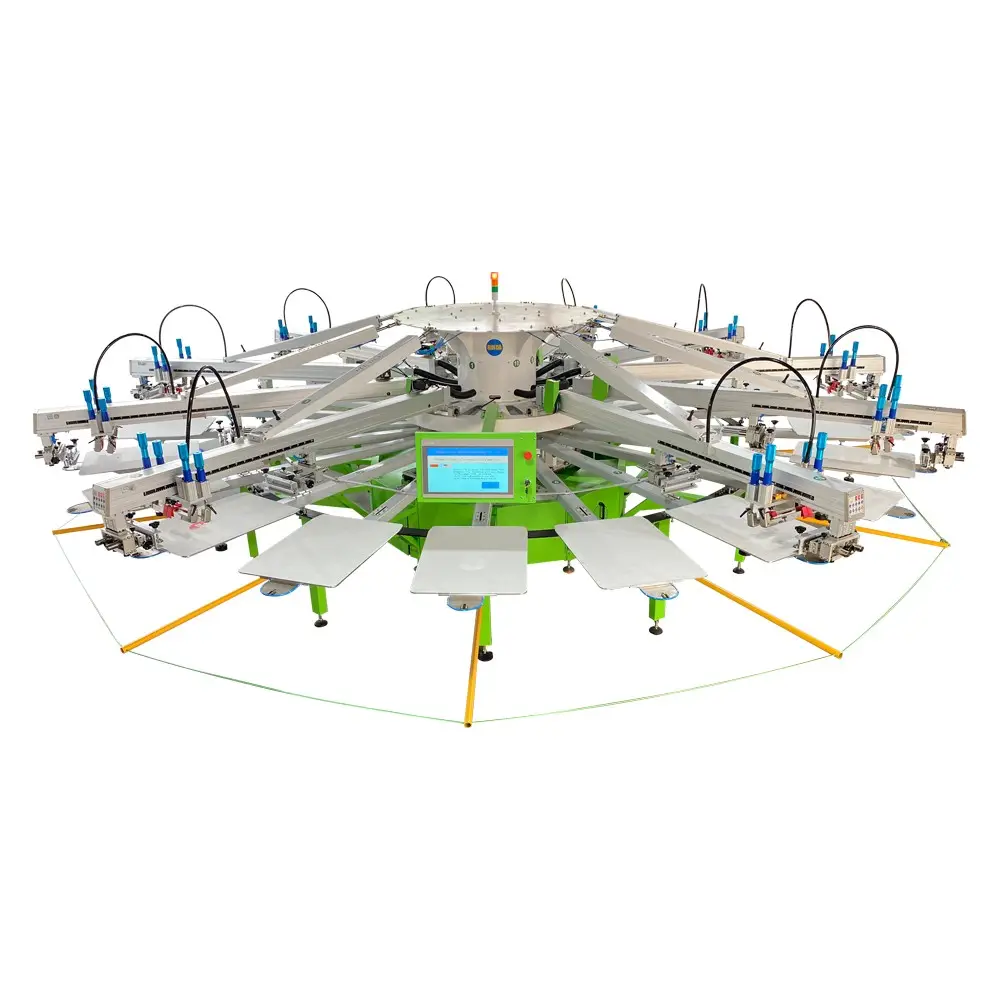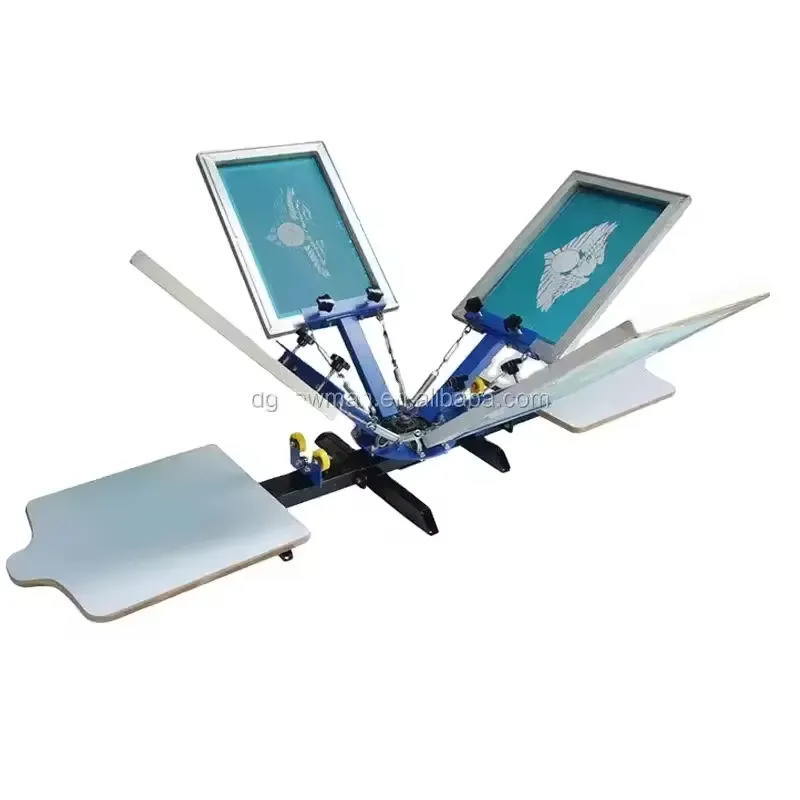industrial screen print
Industrial screen printing represents a versatile and efficient printing method that has revolutionized manufacturing processes across various sectors. This sophisticated printing technique utilizes a mesh-based stencil system to transfer ink onto substrates with exceptional precision and consistency. The process involves pushing ink through a finely woven screen mesh, where specific areas are blocked off using a stencil, creating the desired pattern or design on the target surface. Modern industrial screen printing equipment incorporates advanced features such as automated registration systems, precision control mechanisms, and high-speed production capabilities. These machines can handle diverse substrate materials, from textiles and ceramics to electronics and automotive parts. The technology enables single or multi-color printing with remarkable accuracy, maintaining consistent quality across large production runs. Industrial screen printing systems often feature adjustable parameters for ink deposit thickness, screen tension, and printing pressure, allowing for customization based on specific application requirements. This versatility makes it indispensable in manufacturing processes where precise, repeatable patterns are essential, such as printed circuit boards, solar panels, and specialized industrial components.


